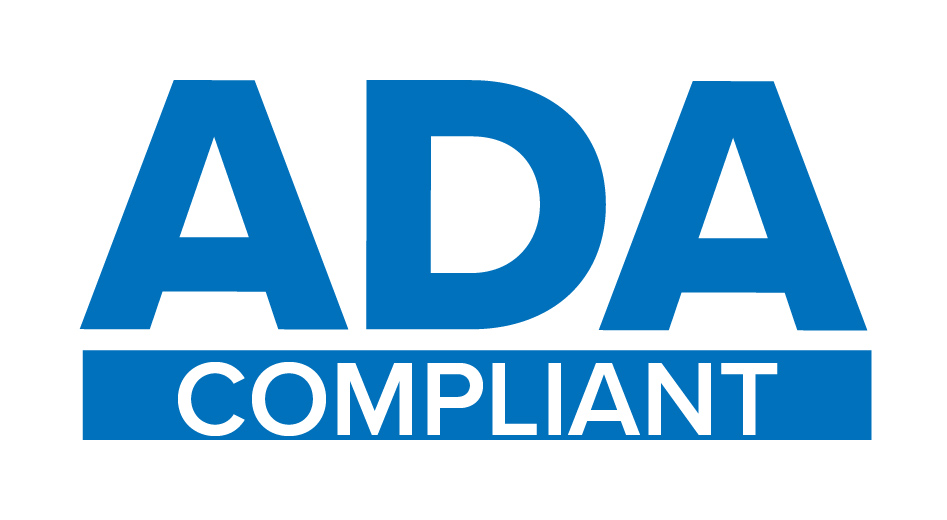ADA Regulations Your Company Should Know

The Americans with Disabilities Act was passed by Congress in 1990 and amended in 2008. This is the law that protects the civil rights of people with disabilities in many aspects of public life.
ADA requirements that apply to companies with Deaf and Hard-of-Hearing employees tend to come from two sources: The text of the ADA, passed by Congress in 1990 and later amended, and Regulations developed by the Department of Justice that state / local government and many businesses must follow to ensure that they do not discriminate against people with disabilities.
These regulations include:
- Title I (Employers)
- Title II (State and Local Governments)
- Title III (Public Accommodations and Commercial Facilities)
- Title IV (Telecom Companies)
Here is a simplified breakdown of the regulations, NexTalk encourages you to consult actual ADA regulations and legal counsel before implementing policies in your organization.
ADA Title I (Employers)
Applies to: Employers that have 15 or more employees, including state/local governments, employment agencies, and labor unions.
General requirement: Employers must provide people with disabilities an equal opportunity to benefit from the employment-related opportunities available to others. This includes things like recruitment, hiring, promotions, training, pay, and social activities.
ADA Title II, Subtitle A (State and Local)
Applies to: All services, programs, and activities of State and Local governments, including Public Education, Transportation, Recreation, Healthcare, Social Services, Courts, Voting, Emergency Services, Town meetings. The ADA applies to state and local governments even if they are small or receive money from the federal government.
General requirement: The ADA contains specific requirements for State and Local governments to provide those with disabilities equal opportunity to benefit from all programs, services, and activities. This includes providing interpreting resources to the Deaf, Blind, and hard of hearing.
ADA Title II, Subtitle B (Public Transit)
Applies to: Public Transit Systems
General requirement: Public transit systems must provide people with disabilities an equal opportunity to benefit from their services. Private transit systems are also covered by the ADA under the section “Businesses that are open to the public.”
ADA Title III (Public Businesses)
Applies to: Businesses and nonprofits serving the public, including restaurants, hotels, retail stores, movie theaters, private schools (including housing), doctor offices and hospitals, daycare centers, gyms, organizations offering courses or examinations; privately operated transit, including taxis, intercity and charter buses, hotel shuttles, and airport shuttles.
General requirement: Businesses must provide people with disabilities an equal opportunity to access the goods or services that they offer. This means that businesses must address communication barriers that prevent customers from accessing goods or services. For private schools, doctor's offices, and hospitals this means providing interpreting for patients and TTY services for appointment scheduling, while for hotels this means providing TTY/RTT through the contact center and remote interpreting services at the desk.
ADA Title IV (Telcom)
Applies to: Telecommunication companies
General requirement: Telephone companies must provide services to allow callers with hearing and speech disabilities to communicate. This is done through both supporting the TRS fund and enabling services like TTY and RTT.
How can your business improve compliance and customer service for Deaf, hard of hearing and cognitively challenged?
NexTalk has designed products to specifically help businesses meet ADA requirements and provide exceptional employee and customer support to their Deaf, Hard-of-Hearing, and Cognitively challenged employees. Today, we are proud to say Access Government helps many federal, local, and state agencies comply with regulations; while Access Contact Center and Access Office help businesses meet the needs of their customers and employees, respectively.


